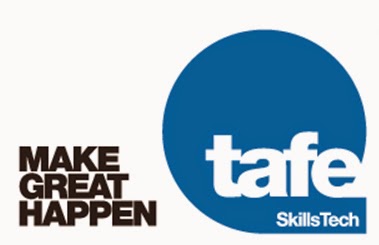AR offers an enhanced version of reality by overlaying digital information on top of real world images being viewed through a device (such as a smartphone camera). In this specific case, the welder uses a modified hand piece to read a coded coupon to generate a real-time digital video (with both audio and visual) of the welding process the user is undertaking. The coupon code matches a specific welding procedure which is then viewed by the user on a screen built into the welding mask.
Welding Training Centres
Welding training centres need to train a higher number of qualified welders saving costs and time, Soldamatic helps to:
• Increase in about 400% the number of students leveraging existing lab infrastructures.
• Provide trainers with cutting-edge technological tools to help them in their work.
• Save 68% consumables on average.
Future Welders
For future welders who want to be qualified to enter the labour market in a good position and want to have fun while learning, Soldamatic:
• Is attractive Methodology: Augmented Reality with great dose of gamification. Videogames are great for learning.
• Provides unlimited practices with the AR Simulator.
• Facilitate access to international Training Programs:
“The AR welder offers the user a heads-up display (HUD) with additional information such as technical specifications of the weld in real time.”
The included information includes info such as volts, current, and the speed and angle of the welding rod. An overall percentage grade is presented to the user at the end of each welding experience. This information is stored in the unit and each welder’s video can be replayed for individual/instructor reviews, remedial feedback and for peer group assessment by connecting the welding video to a classroom projector.
AR, like Virtual Reality (VR), is a new and emerging technology. This new approach presents a number of significant advantages over traditional welding units such as:
• No welding sparks or hot metal generation.
• No welding fumes.
• Reduces CO2 emissions and reduces the carbon footprint of traditional welding programs.
• Extremely portable (approximately the weight of a desktop PC).
• Allows for faster transfers from simulator to traditional welding.
• The high-camera resolution for AR facilitates different welding positions and provides a realistic welding experience.
• Allow users to practice all aspects of a specific weld procedure before trying to execute a real weld.
• Educate users 4x faster while also freeing up existing welding machines for workshop use.
• Most welding simulators are based on leading-edge and patented AR welding training technology (following AWS and according to ASME Section IX, UNE-EN 287-1 and EN ISO 6947).
• Saves substantial costs on welding consumables, coupons, gas, rods and wires returning a 68% on average saving when compared to traditional welding approaches.
• AR welders can be updated with new welding procedures such as aluminum and exotic metals like titanium. Software updates are also free and conducted remotely.
• Improve safety for workers (reinforces PPE requirements for each specific job task and each workplace device).
Garry Hargreaves
garry.hargreaves@tafe.qld.edu.au

















